Trauma-Informed Care
Trauma-Informed Care is an approach to mental health care that assumes that a client is more likely than not to have a history of trauma. Trauma can affect a client’s sense of safety, sense of self, ability to regulate emotions, ability to navigate relationships, and the beliefs they hold about others and the world. Trauma-Informed Care understands and considers the pervasive nature of trauma and promotes practices of healing and recovery rather than practices that may inadvertently re-traumatize clients. Trauma-informed therapists understand that, even long after the traumatic event(s) occurs, the psychological and physical symptoms of trauma can leave clients with feelings of intense shame, helplessness, powerlessness, pain, and fear. This is the legacy of trauma. Trauma-Informed Care recognizes the presence of trauma symptoms and acknowledges the significant role trauma may play in an individual’s life, and shifts the focus from asking, “What is wrong with this person?” to “What has happened to this person?” The intention of Trauma-Informed Care approach to therapy is to provide services in a way that is appropriate to those who may have experienced trauma, and strives to understand the whole of a client who is seeking help. Trauma can be experienced or witnessed. A traumatic event can be a recent, single traumatic event (for example, a car accident, violent assault, or near-death experience); a single traumatic event that occurred in the past (for example, a sexual assault, the death of a loved one, or a natural disaster); or a long-term, chronic pattern of adversity or lack of safety (for example, childhood neglect, poverty, or repeated sexual or physical abuse). Whatever the reason for a client’s trauma, trauma-related symptoms can have a lasting adverse effect on their functioning, and mental, physical, social, emotional, and spiritual well-being.

